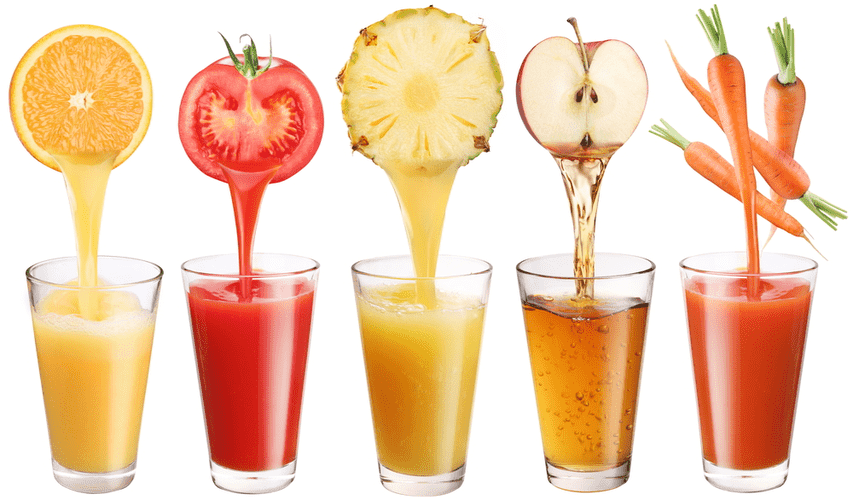Short-term effects can occur after just one night of drinking, even if a person doesn’t have AUD. The most common alcohol-related causes that affect your skin include dehydration, sleep disturbance and flushing. You will have reduced attention power and your night vision will weaken along with seeing double. The changes from alcohol use often disappear within a short time but they become more severe with repeated heavy drinking.
How Does Alcohol Affect Your Brain?
- People may also consider quitting smoking and reducing alcohol consumption to reduce the risk of negative effects on the eyes and other aspects of health.
- Optic nerve damage brought on by alcohol will sometimes lead to a condition called toxic amblyopia.
- Drinking alcohol can cause dry eyes, and when dry eyes become a persistent problem, you may be living with DED.
Quitting alcohol can be incredibly difficult and sometimes dangerous when attempted alone. Fortunately, most short-term signs of alcoholic eyes and eye pain after drinking should improve as the body rebounds from alcohol exposure. Alcohol affects the brain’s ability to process visual information accurately and quickly.
- It can significantly impact your eye health and vision quality too.
- This is of particular concern when you’re taking certain medications that also depress the brain’s function.
- Some studies have found an association between heavy alcohol consumption and the development of age-related cataracts.
- Most people know about the most common risks excessive alcohol consumption poses to your health, including liver damage, anemia, cardiovascular disease, and depression.
- Short-term effects, such as flushing and dry skin, are likely to become more serious issues.
- Additionally, alcohol can impair peripheral vision, sometimes resulting in a “tunnel vision” effect, and slow the pupillary response, making it harder for eyes to adjust to light changes.
Cutting back on your alcohol intake is a good way to start being healthier and protect your eyesight. Here are some tips in to minimize your alcohol consumption and help prevent eyesight problems. Alcohol consumption can have both short-term and long-term effects on vision.
When to Seek Professional Help
This happens because alcohol causes blood vessels to relax and expand, increasing blood flow. These swollen blood vessels can lead to red eyes and irritation. Recovery Guide LLC does not endorse any treatment provider, and we do blurry vision hangover not guarantee the quality of care, outcomes, or results from any treatment program listed or advertised on our site. All information is provided for informational purposes only and is not a substitute for professional medical advice.
Blurry Vision or Double Vision
Alcohol, in both short-term and long-term consumption, can indeed affect your vision. While the occasional drink may not lead to lasting damage, frequent and excessive alcohol use can cause significant and sometimes irreversible effects on visual health. Early changes in eye appearance or vision may be your body’s way of sounding the alarm. Whether you’re dealing with heavy alcohol consumption or questioning the effects of moderate alcohol consumption, it’s worth taking a closer look—literally and figuratively. Drinking affects both the short-term function and long-term health of your eyes. This is due to alcohol’s impact on the central nervous system, blood vessels, and essential nutrients.

Studies have linked heavy alcohol use to an increased risk of developing cataracts earlier in life. Cataracts cloud the eye’s natural lens, leading to gradual vision loss if left untreated. As a diuretic, alcohol can lead to dehydration, which often results in dry, bloodshot eyes. This dryness can cause discomfort and may increase the risk of eye infections if it occurs frequently. Excessive alcohol consumption can impair the function of the eye muscles, potentially resulting in double vision or diplopia.

What happens when healthcare workers team up? Don’t miss our podcast episode!
Here’s a breakdown of alcohol’s effects on your internal organs and body processes. Twitching is usually a mild condition, involving involuntary spasms or contractions of the muscles around the eye. It varies in frequency and duration, ranging from a few seconds to several minutes. However, drug addiction dehydration from excessive consumption might exacerbate the perception of floater and make the vitreous more noticeable.
Additional side effects of alcohol on vision and eye sight
Alcohol is a diuretic, which increases urine production and, consequently, can lead to dehydration if the lost fluid is not replaced. This dehydration can extend to the eyes, causing them to become dry and irritated. We often talk about how nutrition supports our heart, brain, and immune system, but your eyes are just as nutritionally demanding. Contact our team at Total Vision Rancho Bernardo today to book your next eye exam. We can examine your eyes and answer any questions concerning your long-term eye health. It slows down the brain’s processing speed, which results in your visual sensory processing also taking a hit.
- Therefore, it’s crucial for individuals with glaucoma or at risk for the condition to be cautious with their alcohol intake.
- Having dry eye disease does not mean your eyes have stopped producing tears; they may just not be producing the right kind of tears.
- Alcohol narrows yourvisual field referred to as tunnel vision which reduces your awareness ofobjects to the side.
- It’s common to see someone with red, bloodshot eyes after a night out.
How alcohol affects your eyes
As mentioned, the condition is referred to as toxic amblyopia, and it can lead to permanent vision loss https://www.delvi.ua/sober-living-homes-oxford-houses-cost-length-of/ and blindness. Drinking alcohol is a common social activity, but it’s important to be aware of its potential effects on various aspects of our health, including our eyesight. This combination of professional detox and customized therapy offers a solid foundation for recovery and long-term success in overcoming alcohol addiction. If you’re ready to take that step, help here is and tailored just for you. Alcohol addiction is a disease characterized by a strong craving for alcohol, and continued use despite a negative impact on health, interpersonal relationships, and ability to work. If the person stops drinking, they will experience withdrawal symptoms.

Alcohol also affects the coordination of eye muscles, potentially leading to double vision, known as diplopia. The ability to perceive contrast can be significantly reduced, with studies showing a decrease of up to 30% at legal blood alcohol levels. Additionally, alcohol can impair peripheral vision, sometimes resulting in a “tunnel vision” effect, and slow the pupillary response, making it harder for eyes to adjust to light changes.
Find Support to End Excessive Alcohol Consumption
This disorder also involves having to drink more to get the same effect or having withdrawal symptoms when you rapidly decrease or stop drinking. Alcohol use disorder includes a level of drinking that’s sometimes called alcoholism. As the body adapts to the presence of the drug, dependency and addiction can result. If consumption stops suddenly, the person may experience withdrawal symptoms. Peripheral vision loss makes daily activities, like driving or navigating crowded spaces, dangerous. This condition often develops gradually, with many people not noticing the change until significant vision has already been lost.
